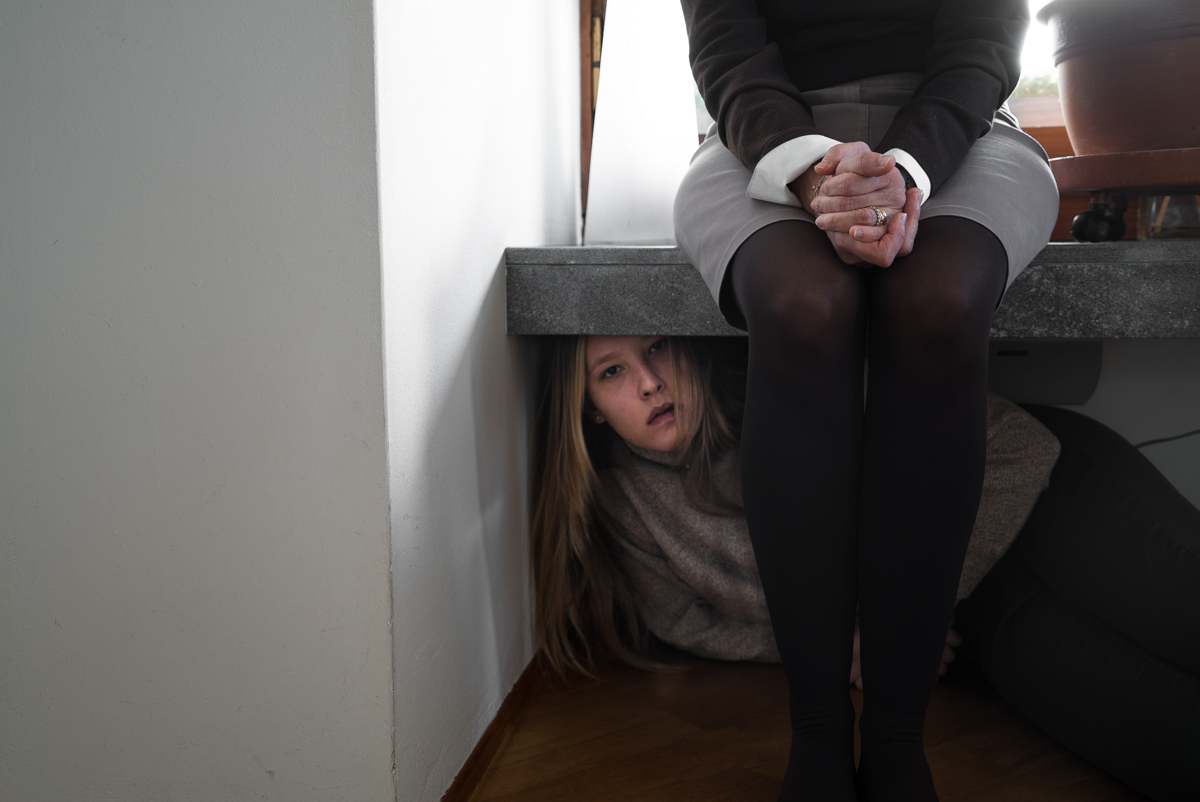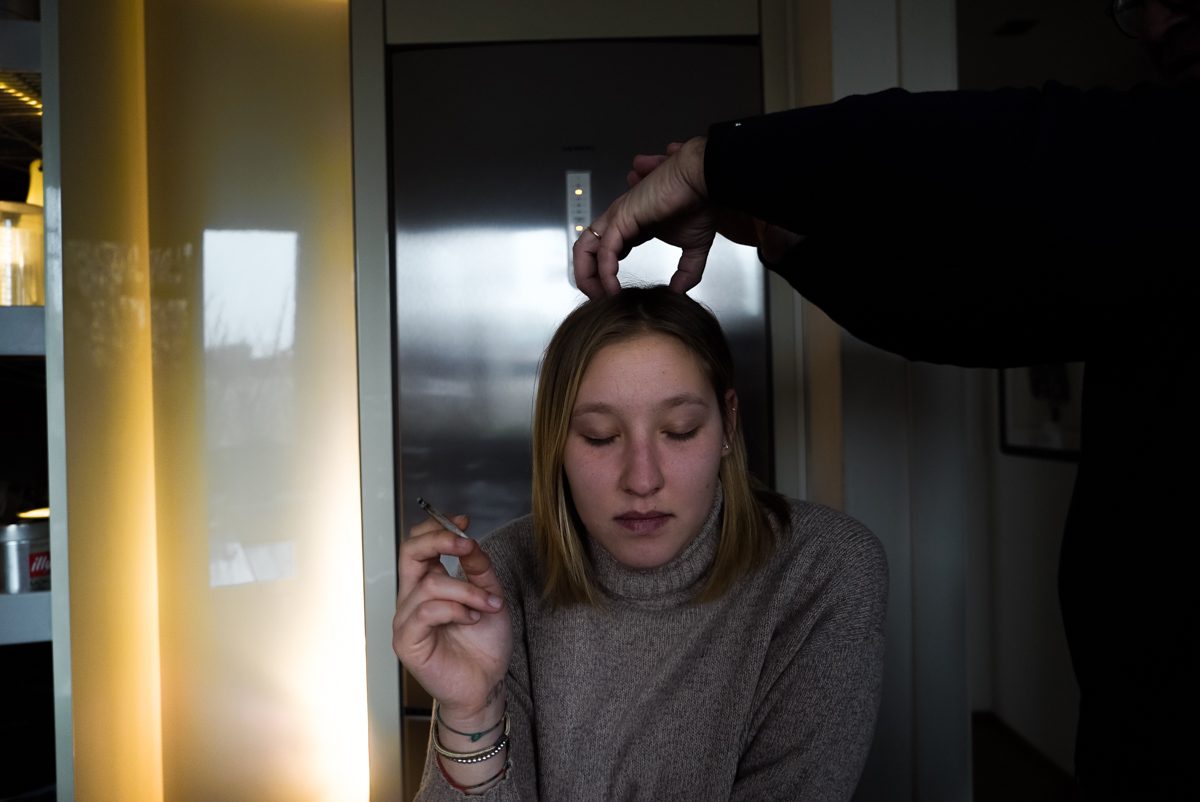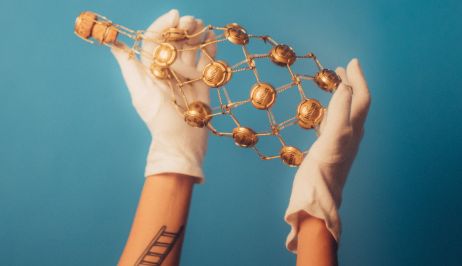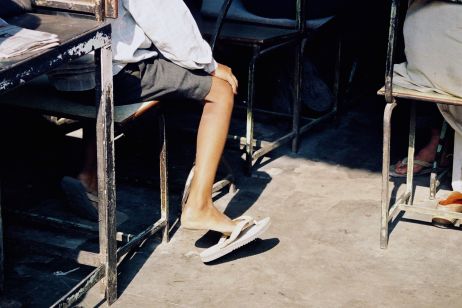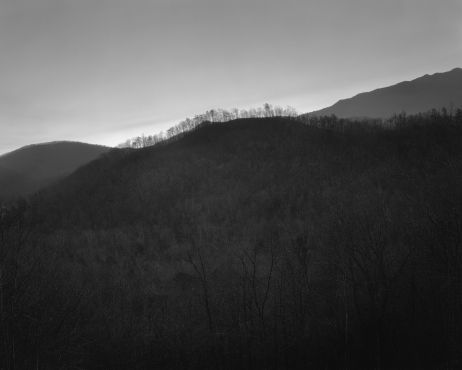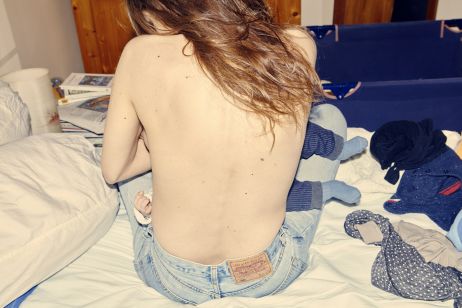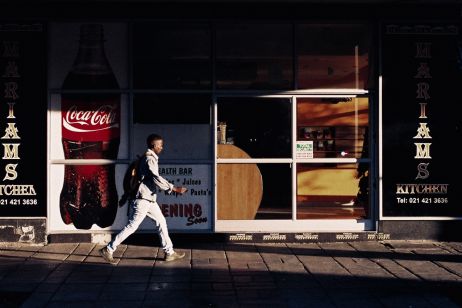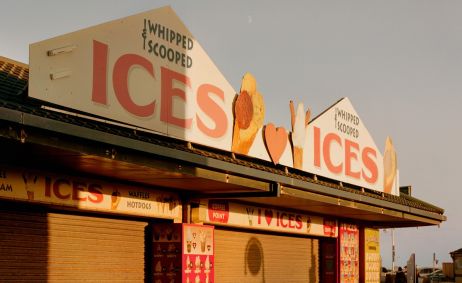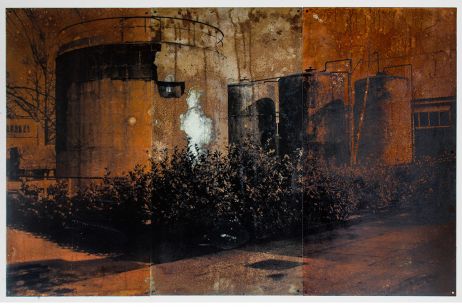The hidden dynamics of families, their uncertainty and suffering are the core of Alice Cannara Malan’s work “My (m)other”. Her pictures portray long silences, and the regard of her camera is both painful and full of grace. This work is for the young Italian photographer a way to drive away the demons of her past, and to accept the fragility of her beloved ones. Her work was selected for the third place at the Sony World Photography Award in the Daily Life category.
Fisheye Magazine: We read that photography to you is a way to tell stories. What story are you telling us with this series?
This series is indeed a story, it is my own story. It talks about my family and the relationships inside our household, the small and big attentions that we pay each-other. It talks about the simultaneity of love and suffering. It talks about things that kids, adults, and teenagers don’t say out loud. It is about the “dirty laundry” that you usually do not “air in public”.
What does the title “My (m)other” evoke?
It was very hard to find a title for this project. I wanted to express the difficulty in detaching myself from my mother, who was such an important figure for me. I wanted to talk about “the others”.
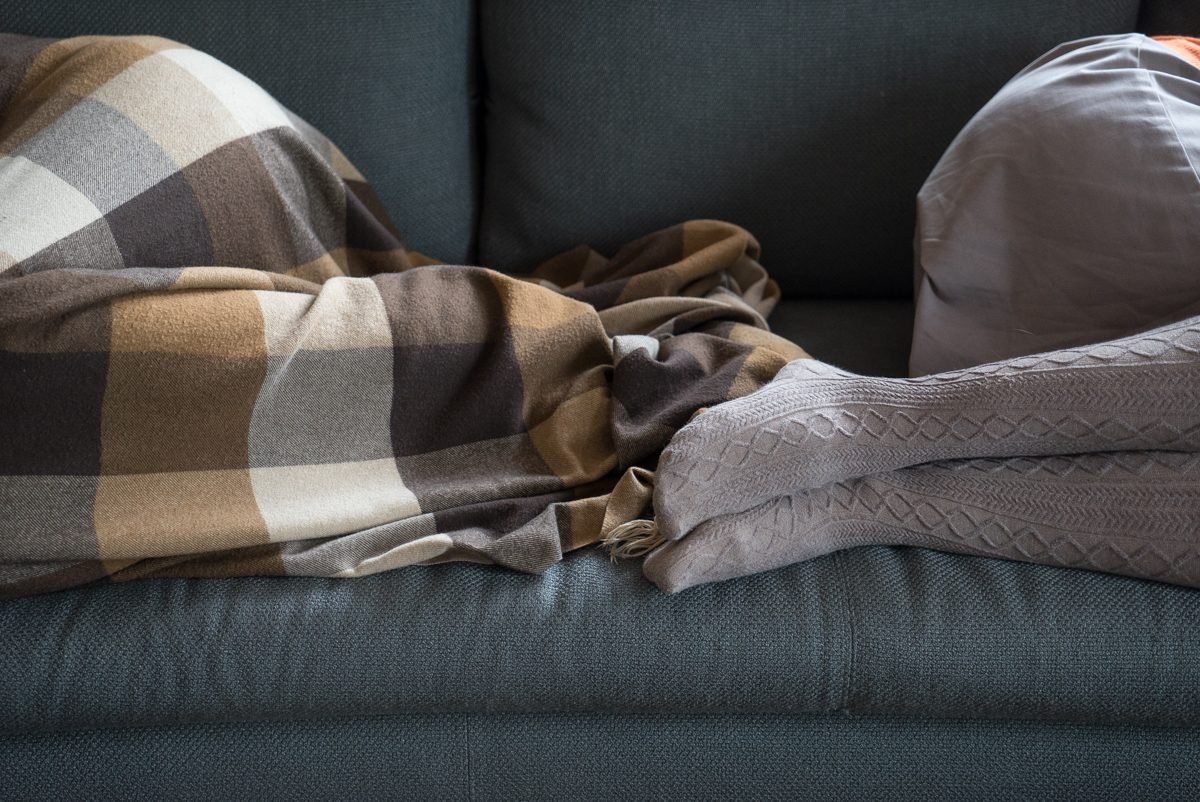
What message are you passing on? Do you think that people can find themselves in your story?
I want to convey some thoughts — thoughts that I always kept inside and never expressed out loud. When I moved to Barcelona, in 2015, I was alone for the first time, and it wasn’t easy at all. I was young, and I had a very strong need to have someone by my side, someone to protect me. The more I grew up and got rid of my family, the more I realized I needed them. It was a feeling with many contrasts, that brought me to reflect upon the complicated relationship I had with my family.
In my opinion, every family hides stories like mine. “Favourite kids,” parents who are absent or overly-present, thoughts and problems that go unnoticed until the children grow up. I never dared to tell my mother that I was addicted to her excessive love until I moved away and started missing it. I never dared telling my sister that she was a fundamental presence in my life until I went too far to get her back. I never dared to tell my dad that I needed to discuss my feelings with him until it became too late [editor’s note her father became progressively deaf]. There are things that we don’t tell each other straight away, but if we managed to do it, we could save ourselves struggles, suffering, and the cost of a therapist.
The caption that reads, “Can’t describe your beauty” really struck me. Is this the reason why you photograph? Do images express more than words?
I photograph for the same reason that I write. I want to speak, and to tell the whole world what I see from my view-point. I often say that I am unable to look at a landscape. I find myself in front of these huge spaces and I cannot look at the whole thing. I am attracted to details, to those small components that make up for a bigger scheme: my own scheme.
My mum often asks me why I photograph this way, focusing on the imperfections and leaving the beauty out of the frame. I really interact with my pictures, I talk with them, and each one of them has something to tell. They do not always talk about beautiful things, but it doesn’t matter.
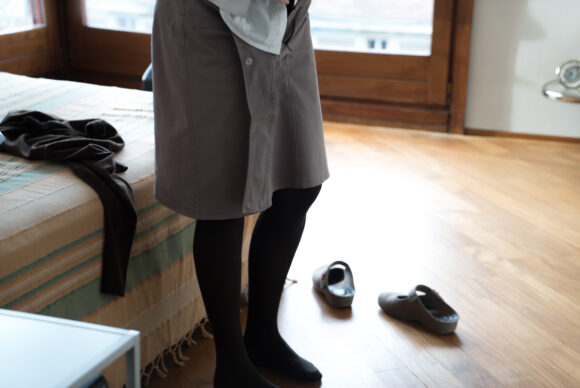
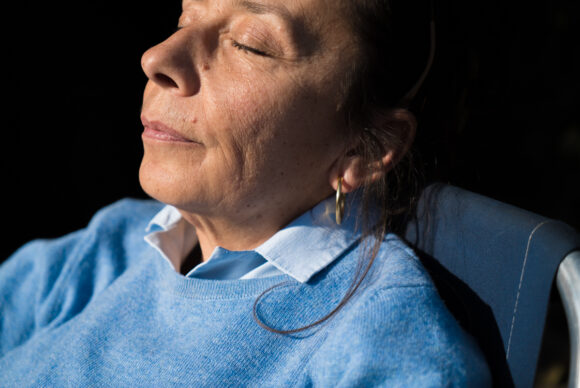
Why did you choose to associate bits of your diary to the pictures? How did you choose these exerpts in relations to each picture?
I chose bits of my diary because I find it quite unusual that a 12-year-old girl decides to write a communal diary with her mother. Usually kids that age look for a secret space, not for one to share with their parents. Anyway, it is not only parts of my diary, there are also letters and notes that we used to write to each other.
How much does photography help you? And what do you think it can bring to your family?
Photography is for sure a way for me to get rid of my fears and worries. But I also believe it is a medium at everyone’s disposal to tackle “serious” topics in a non-boring way. Everybody likes photographs, and in my opinion this is its most precious quality. In the beginning my family didn’t understand what I was doing. The first time they read my texts I faced long silences. But now we talk and confront each other: I couldn’t hope for a better outcome.
You call this project “a work in progress.” How so?
“My (m)other”
will never end. It is about family relationships, and these evolve with time. At every moment of my life there will be some issues to tackle in this sense. I am now moving to Milan to settle down by myself, and this event is something that I will need to talk about. It is one of those moments that you don’t forget, that stay ingrained in you.
What was the reaction of your family to this project?
It wasn’t easy. This series was a long process both for me and for my family. It took me six months to start taking some shots, and six more months to select bits of my diary, letters and notes. I have to admit that my work was not a proposal to my family, but more of an imposition. It could be called unfair, but this move allowed me to talk to them, and to give them a whole year to reflect upon what I was showing. We even discussed it, and everybody spoke their mind. We didn’t agree on everything—but in the end, this is my life, my point of view. My father has probably a whole different story to tell.
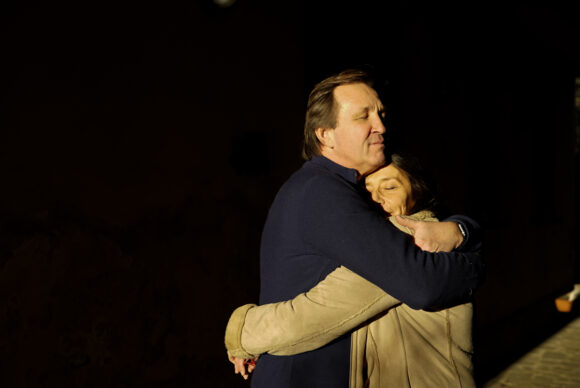
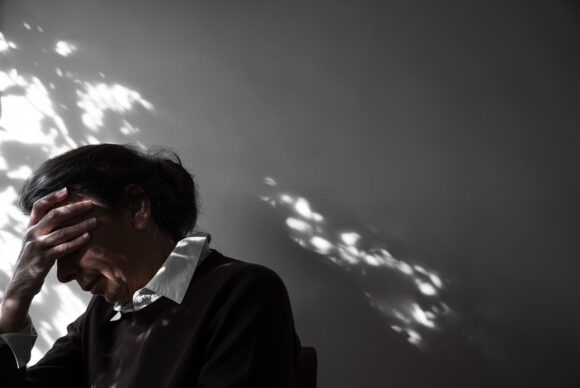
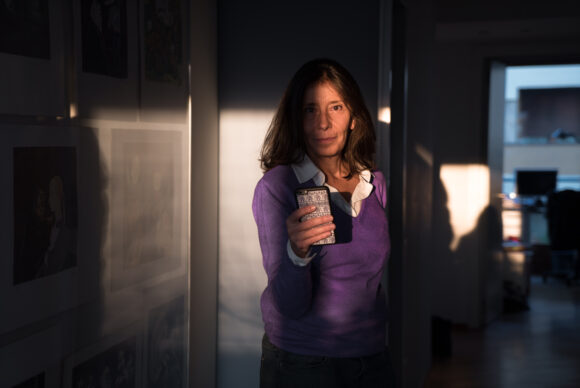
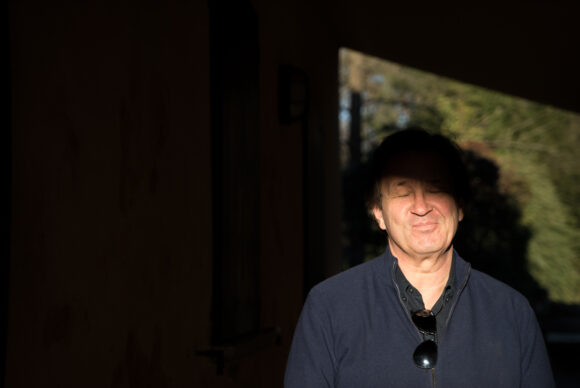
Images from “My (m)other” © Alice Cannara Malan
